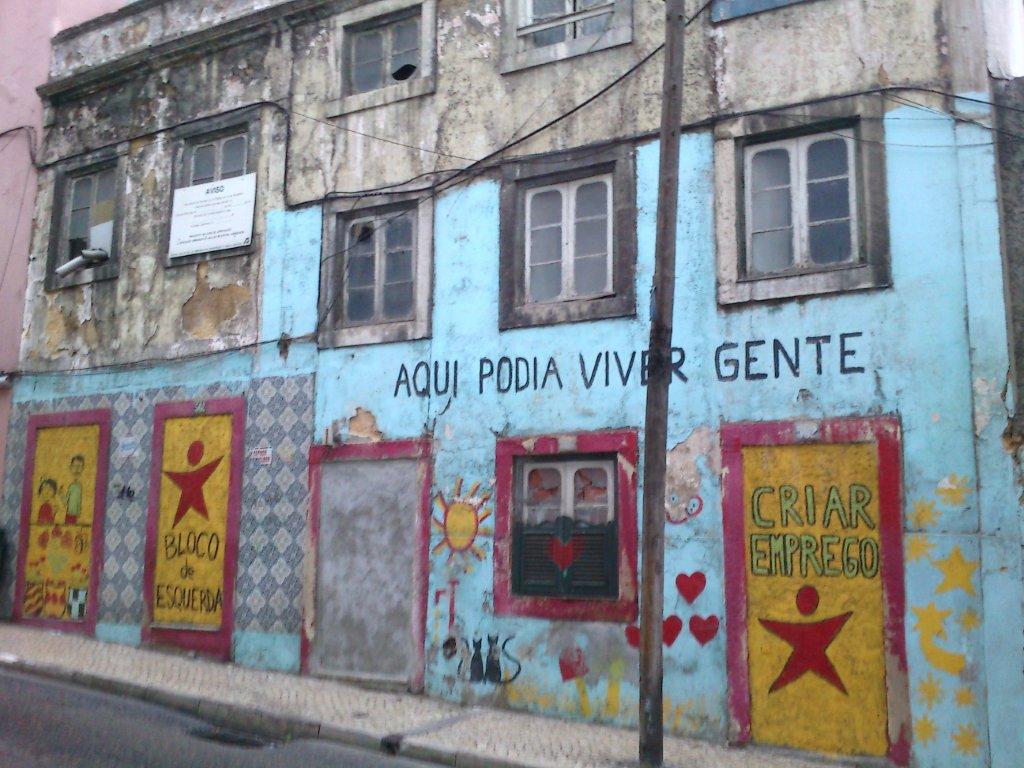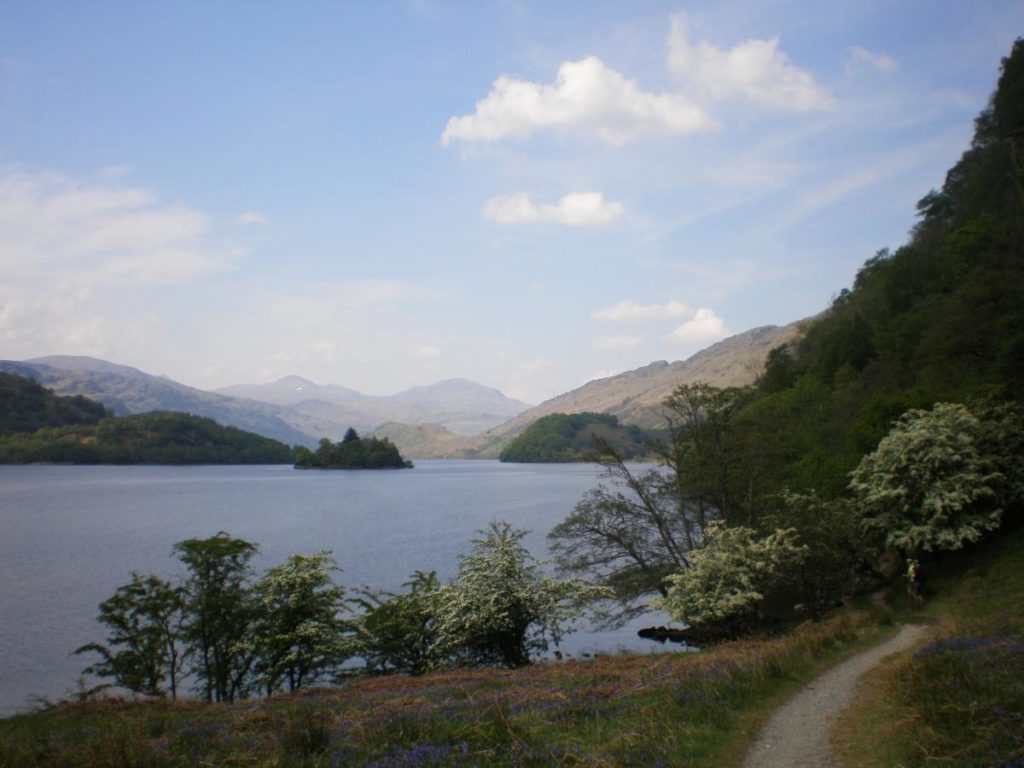
How can you tell a modern, Western country is in the midst of an existential economic crisis? Bread lines? People begging in suits? Garbage and vermin? Tumbleweed? Packs of feral youth and stray dogs?
I’m in gorgeous, light-drenched Lisbon for a two-week literary conference, staying at a residence in a drab suburb near the huge, green-and-yellow-tiled Campo Grande stadium. I ride the subways, walk up and down the hilly, chipped-stone streets, poke my nose in stores, people-watch in cafés. I try to see people’s expressions in their cars. Portugal’s economy is at its worst since 1945, its central bank says, and one of the worst-off countries in the euro zone. Yet people here go about business purposefully. They look calm, dignified, not conspicuously depressed. They dress nicely though not as expensively as Parisians or Romans.







